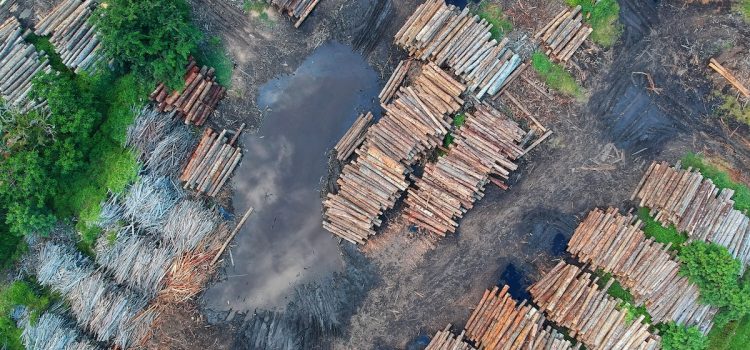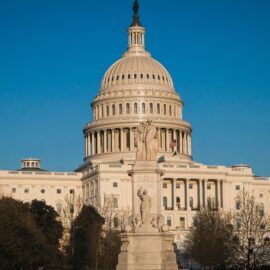

This article is an excerpt from the Shortform book guide to "Apocalypse Never" by Michael Shellenberger. Shortform has the world's best summaries and analyses of books you should be reading.
Like this article? Sign up for a free trial here.
Why are forests disappearing? What’s the impact of deforestation? How much good does reforestation do?
Michael Shellenberger contends that the core of existential environmental dread revolves around the idea that humans are actively killing the planet. In order to remove a certain level of panic from the environmental discussion, he addresses the issues and misperceptions around the loss of rainforests.
Keep reading to learn about the actual extent of the problems caused by deforestation and the outlook of reforestation.
Deforestation
Shellenberger says that habitat loss and declining species populations—two of the problems caused by deforestation—are important metrics to consider. They aren’t the result of “evil corporations” but of the actions of people simply struggling to survive. In Brazil and the Congo, rainforests are disappearing in order to make room for farmland and to use the chopped-down trees for fuel, as was done in the developed world for all of recorded history. Not only are forests disappearing, but what remains is being carved into islands of woodland that break apart species’ natural range of territory.
(Shortform note: Much of the forest being lost in Brazil is due to illegal land grabs for ranching and logging. However, it’s not just the ranchers and loggers who are to blame but the large corporations who knowingly buy their products and sell them to consumers in the US and elsewhere. As opposed to Brazil’s industrial deforestation, the rainforests in the Democratic Republic of Congo (DRC) have been disappearing due to subsistence farming and charcoal manufacture, as Shellenberger claims. Also unlike Brazil, the DRC is taking active measures to restore lost woodlands in cooperation with local communities.)
A misunderstanding that Shellenberger speaks to specifically is the idea that rainforests are vital to providing the planet’s oxygen and removing carbon dioxide from the air. Forest ecosystems actually consume as much oxygen as they produce. And, while plants do store carbon, they don’t to the extent that many activists claim. For example, the Amazon absorbs 5% of the world’s carbon emissions, less than the 25% cited by protestors of Brazil’s deforestation projects.
(Shortform note: Shellenberger takes his numbers from an article in USA Today, but downplays the importance of the Amazon’s 5% carbon offset. The 25% figure refers to the amount of carbon emissions absorbed by all the world’s plants. As a result of deforestation, the Amazon has now become a source of carbon emissions, but its role in the environment goes beyond its carbon footprint. The rainforest has a cooling effect on the atmosphere, and its removal would result in a global temperature rise even if we were able to reduce worldwide carbon emissions.)
On the plus side, reforestation has exceeded deforestation for the last few decades, in part due to replanting projects and agricultural land returning to nature, but also because the excess carbon in the atmosphere actively encourages plant growth. However, Shellenberger admits that new forest growth is a poor replacement for the old-growth forests that are home to many species and have more natural diversity. More efficient use of already-cleared lands can halt civilization’s march into old-growth forests that are in most need of conservation.
(Shortform note: A danger of deforestation that Shellenberger doesn’t cover is the possibility that the loss of woodland caused by humans can trigger a cycle in which the rest of a forest dies on its own. This is of concern in the Amazon, where the forest recycles water by drawing it up from the soil into the canopy. That, combined with the salt the trees release into the air, allows the jungle to create its own rainfall. If enough of the rainforest is destroyed by humans, what remains may not have enough biomass to recycle the moisture it needs to survive.)

———End of Preview———
Like what you just read? Read the rest of the world's best book summary and analysis of Michael Shellenberger's "Apocalypse Never" at Shortform.
Here's what you'll find in our full Apocalypse Never summary:
- An assessment of the climate crisis from a rational perspective
- How climate change alarmists are doing more harm than good
- The problems with renewable energy and why we should switch to nuclear






